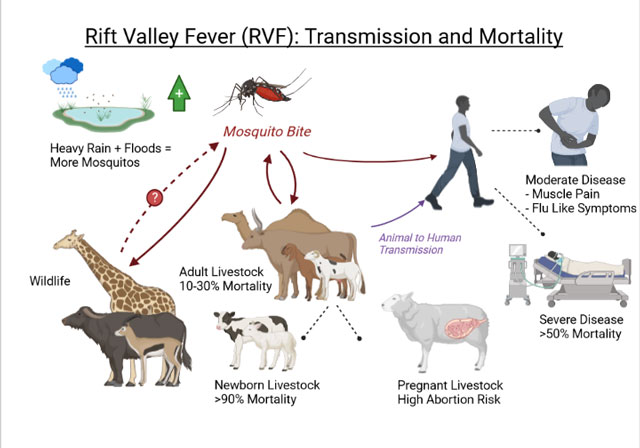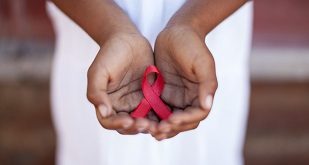
Veterinarians as Essential Health Workers
COMMENT | Dr Jesse Mukisa Mutesasira | In a lay man’s language, One health is an approach where many cats chase one rat. The cats consist of a collection of different professionals working under one team to achieve the same set target or solution towards societal health challenges (rat), or desired response and management.
However, for this to work, we need to appreciate and understand the fact no professional is lesser or greater than the other. We need to change the narrative and look at diversity as a strength rather than a weakness/ threat to co-exist.
When we do this, then the scramble for power, authority, resources – which sectors or professionals usually do – should be a story of the past, as these can be guided by multisectorial planing, budgeting and implementation in addressing identified One Health challenges. Then we will be able to use the existing resources appropriately for the sole benefit of getting the best response intervention, for the challenge at hand, hence healthier and happier communities.
A lot of time and resources in Uganda are always spent on discussing who should be the boss of who, instead of directing all efforts on the challenge at hand. When this happens, the common citizens who should come out winners or priorities of the response, come out as victims of the system, that is meant to protect them.
Emerging infectious diseases are diseases that have not occurred in humans before; have occurred previously but affected only a small number of people in isolated places; or have occurred throughout human history but have been recently recognized as distinct disease due to an infectious agent.
Re-emerging diseases are defined as infectious diseases that once were a major public health problem globally or a particular country and then have declined dramatically, but are again becoming public health problems for significant proportions of the population.
Most emerging infectious diseases are 70% are zoonotic in nature, and with the increasing interactions between humans, animals in a shared environment spill overs, are inevitable. This means it requires a multi-professional team to be able to best respond to this.
One Health approach would minimize wastage of resources due to the fact that it brings in a more converging utilization of resources, rather than the diverging form, which the one sector, one ministry intervention presents.
But however, for the approach to wor,k it requires a functional and committed team that is service and result oriented.
BUT what if we setup a team composed of people with different expertise and this team is permanently placed for instance in each district of Uganda? These are then trained and more skilled in emergency response.
With such a setting, the country can always be prepared for any invasion and response can easily be got.
Uganda under the National One Health Platform is on a positive stride to attain a One Health approach, however, various challenges still exist that will require policy shift to allow for effective collaboration, coordination and communication for all stakeholders.
Another pivotal aspect should be investing in disease surveillance programs, research and diagnostic laboratory network development especially for the animal health sector to allow for a quick detection and response initiation.
Over time we have waited to be first hit by a disaster, for us to prepare, call for donations, seek loans, hire personnel etc.
The good news however, is that it’s never too late to start afresh.
The majority of Uganda’s population are youth, the most energetic and committed to serve when mentored and nurtured right. We have what it takes to do better as a nation.
Happy World Veterinary Day 2024.
*****
 Jesse Mukisa Mutesasira | BVM (Mak), MSc. Global One Health-University of Pretoria
Jesse Mukisa Mutesasira | BVM (Mak), MSc. Global One Health-University of Pretoria
RELATED STORY
Uganda to celebrate World Veterinary Day in Rakai
 The Independent Uganda: You get the Truth we Pay the Price
The Independent Uganda: You get the Truth we Pay the Price



